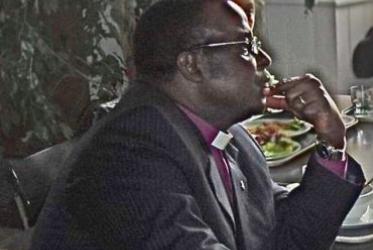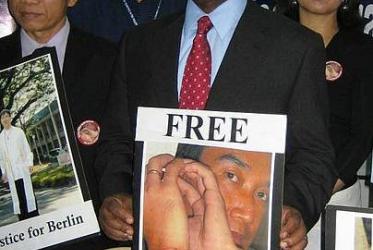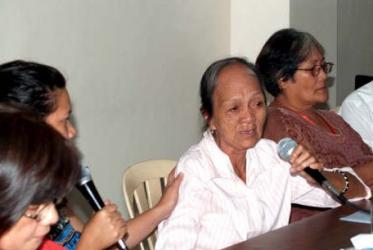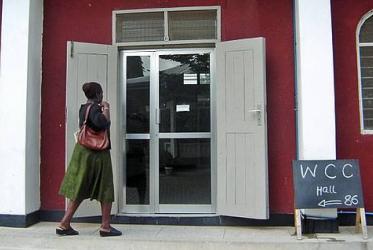Displaying 8641 - 8660 of 9693
Churches want to see a new paradigm on climate change
11 December 2007
Be "leaders in peace", WCC invites churches
08 December 2007
Ecumenical conference to tackle racist patterns left by slave trade
06 December 2007
Amid raging violence, Philippine churches build peace
29 November 2007
After Annapolis, Christian leaders entertain hope, with provisos
28 November 2007
Canadian theologian Gibaut to lead Faith and Order
26 November 2007
WCC welcomes Annapolis meeting, suggests criteria for success
26 November 2007
Churches rush aid to Bangladesh cyclone victims
21 November 2007

















